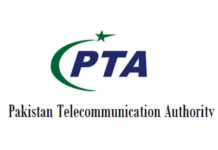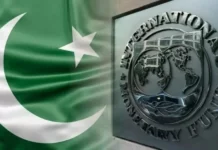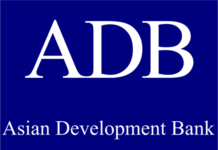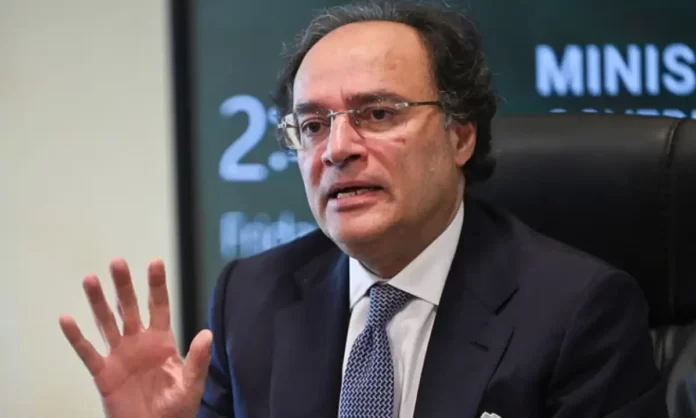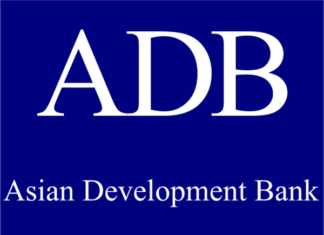KARACHI: Finance Minister Muhammad Aurangzeb emphasized the importance of continuity in economic policies, stating that consistency is essential regardless of which government is in power.
Addressing reporters on Saturday at the Overseas Investors Chamber of Commerce and Industry (OICCI), he said, “When we talk about the charter of economy, it does not matter which administration comes in. The government’s role is policy framework, but even more important is policy continuity.”
Aurangzeb noted that investment in the country is increasing and described the current level of investment as encouraging. He stressed the need to shift Pakistan’s economy to an export-led model, asserting, “If we want economic growth, then it has to be export-led growth.”
The minister identified the import-led economy as a core issue causing balance of payment problems and repeated boom-and-bust cycles.
He highlighted recent economic improvements, noting that $2.2 billion in dividends and profits held back earlier were repatriated between May and June. “We started on a clean slate this fiscal year,” he added.
The finance minister also called for privatizing loss-making state-owned enterprises (SOEs), remarking, “Private sector has to lead this country.” He said SOEs have incurred Rs6 trillion in losses over the past decade, costing Rs2.2 billion daily. “If the private sector runs them, our fiscal balance or imbalance will improve,” Aurangzeb stated.
He referenced the SOEs Policy 2023, introduced under the International Monetary Fund’s (IMF) directives, which requires the federal government to categorize all SOEs into four groups to reduce their financial footprint. Relevant ministries are tasked with presenting justifications for assigning SOEs to specific categories, including “strategic” or “essential,” which are critical to government policies and not feasible for private sector management.
In August, the Cabinet Committee on Privatisation (CCOP) approved the privatization of 24 public sector entities under a phased program from 2024 to 2029. In September, the Cabinet Committee on SOEs decided to retain three entities in the public sector, categorizing the Trading Corporation of Pakistan (TCP), Small and Medium Enterprise Development Authority (Smeda), and Pakistan National Shipping Corporation as “essential” SOEs.
Planning Minister Ahsan Iqbal has also reiterated the importance of consistent policies for economic growth, while the State Bank of Pakistan has highlighted political uncertainties and policy inconsistencies as key economic challenges.




